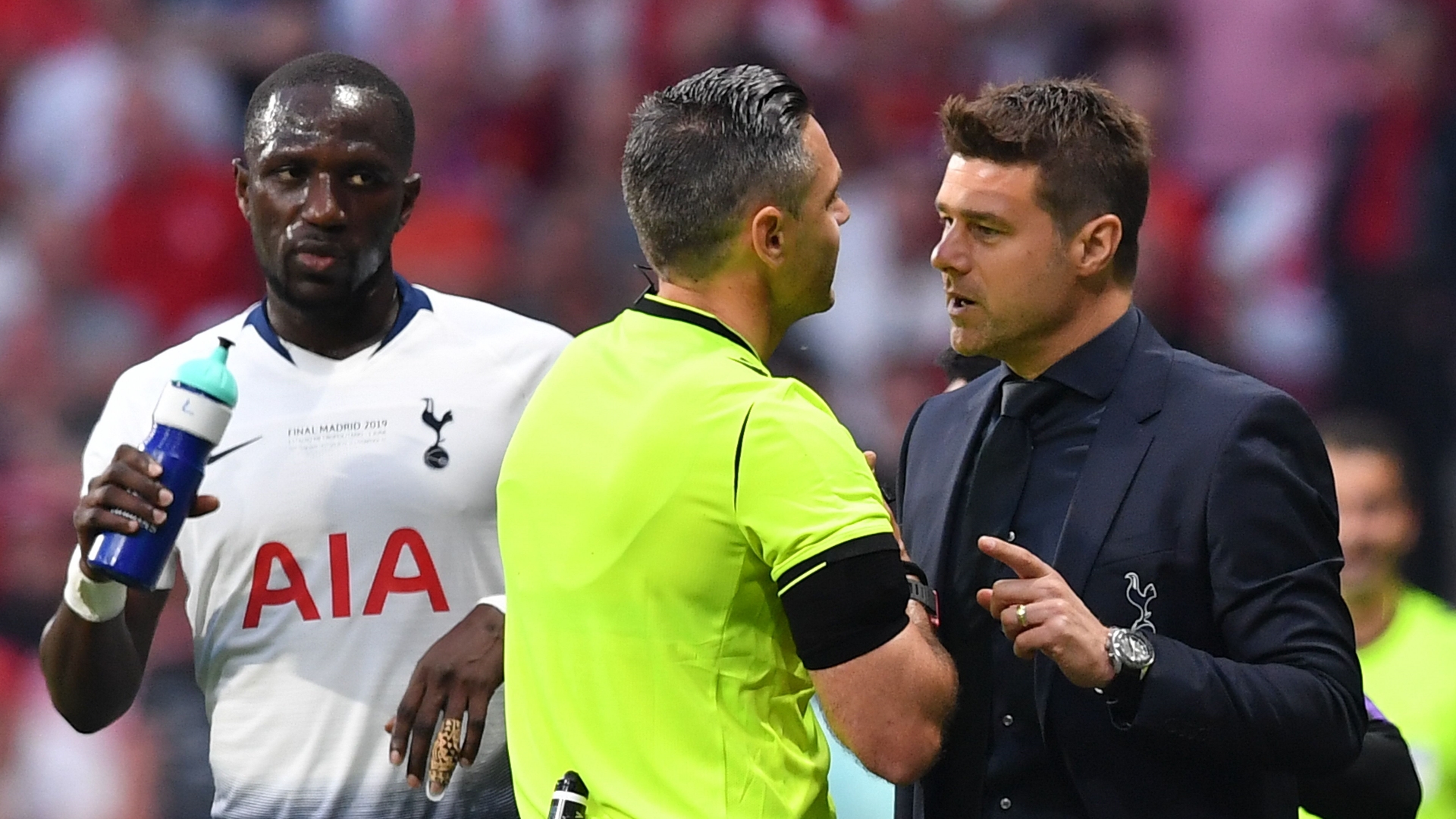
There have been a slew of rule changes set to be introduced in the 2019-20 season, after the IFAB (International Football Association Board) approved a handful of clarifications to the current Laws of the Game.
One of the most notable amendments has regarding handballs.
Starting from June 1, 2019 onwards, the IFAB have confirmed that a goal scored or created with the use of an accidental handball will not count.
Formerly, rules around handball were based on the offence being deliberate. This is still the case, though now there are more specific examples of what should and should not be penalised.
The IFAB have now confirmed that a handball will be awarded if a player makes his body an “unnatural silhouette”, i.e. making his body bigger with his arm. It is also automatically an offence if the arm is above shoulder height.
There is now no handball if the ball is deflected onto the arm, or if the ball hits a player using his arm for support.
A free kick or penalty will be awarded if:
- the ball goes into the goal after touching an attacker’s hand or arm
- a player wins ball possession after it comes off their hand or arm and then scores, or creates a goalscoring chance
- the ball touches a player’s hand/arm which has made their silhouette unnaturally bigger
- the ball touches a player’s hand/arm when it’s raised above their shoulder
There will be no penalty if:
- the ball touches a player’s hand/arm immediately from their own head/body/foot or the head/body/foot of another player
- the ball touches a player’s hand/arm close to their body and has not made their silhouette unnaturally bigger
- a player is falling and the ball touches their hand/arm when it is between their body and the ground (but not extended to make the body bigger)
- additionally, should the goalkeeper attempt to clear a ball from a teammate but fails, the goalkeeper is allowed to handle the ball
And so, gaining possession and scoring as a result of handling the ball will not be allowed – nor will a goal scored directly from handling the ball, regardless of intent.
“Deliberate handball remains an offence,” IFAB technical director David Elleray stated. “In the past we’ve managed to improve the laws by focusing on outcome rather than intent.
“What we are looking at particularly in attacking situations is where the player gets a clear unfair advantage by gaining possession or control of the ball, as a result of it making contact with their hand or arm.”


The outcome of the 2019 Champions League final could played out entirely differently should the current rules have been implemented before then.
Though the final between Liverpool and Tottenham was played on June 1, the date that the rules became effective, they did not apply to the game as it was the final fixture of the 2018-19 season.
Liverpool scored their first goal through a penalty kick when Moussa Sissoko seemed to have struck the ball with his arm, which was already viewed as a harsh decision as it seemed to have hit his chest first.
Mohamed Salah dutifully converted the resulting penalty to make it 1-0 to the eventual UCL champions, but going forwards, situations like Sissoko’s would not be penalised as there would be no penalty if “the ball touches a player’s hand or arm directly from their own head, body, foot or the head, body or foot of another player who is near”.
Elleray stated the introduction of the “natural silhouette” rule was designed to prohibit defenders placing their arms behind their backs in fear of giving away a free-kick.
“We’ve changed it to say the body has a certain silhouette,” said Elleray. “If the arms are extended beyond that silhouette then the body is being made unnaturally bigger, with the purpose of it being a bigger barrier to the opponent or the ball.
“Players should be allowed to have their arms by their side because it’s their natural silhouette.”

Be the first to comment